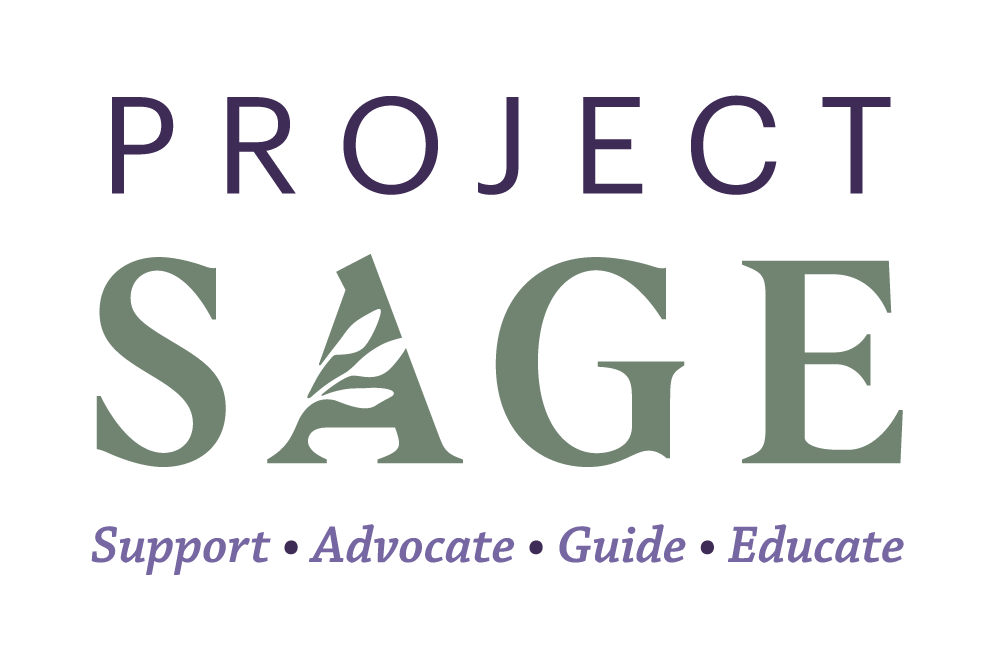History-making Women: Women's History Month
March is Women’s History Month. Here are just some of the history-making women whose stories span the geographical, historical, and ethnic diversity of the United States.
Elizabeth Freeman was born a slave and later used the Massachusetts Constitution in a 1781 court case to gain her freedom. This was the first in a series of “freedom suits” that eventually led Massachusetts to outlaw slavery in the state.
In the 1850s, Lucy Stone was a strong advocate for the abolition of slavery, a significant organizer for the women's equality movement, and the first woman from Massachusetts to earn a college degree. When she got married in 1855, Lucy kept her last name, sparking a trend toward more equality within marriage.
Patsy Mink, the first Asian American woman elected to Congress, was the major author of Title IX, the landmark 1972 legislation that prohibits sex-based discrimination in schools and education programs.
Equally influential was Dr. Helen Rodríguez Trías. She championed women’s health justice, including reproductive rights, and worked steadfastly to include the perspectives of minorities medical care.
Finally, Wilma Mankiller, whose Cherokee surname "Mankiller" (Asgaya-dihi) refers to a high Cherokee military rank, became the first woman elected chief of a major American Indian tribe in 1985. While she was the Principal Chief of the Cherokee Nation, she revitalized the Nation’s tribal government and worked tirelessly to improve education, healthcare, and housing.
Celebrating the contributions of these and other inspiring women not only honors the causes they advanced but also pays homage to Project SAGE’s very beginnings. Started as a volunteer-run organization by women who saw a social need and stepped up to address it, Project SAGE is now staffed by over a dozen employees serving all six towns of the Northwest Corner. Want to help us make a difference? Become a Project SAGE certified volunteer or summer intern.






